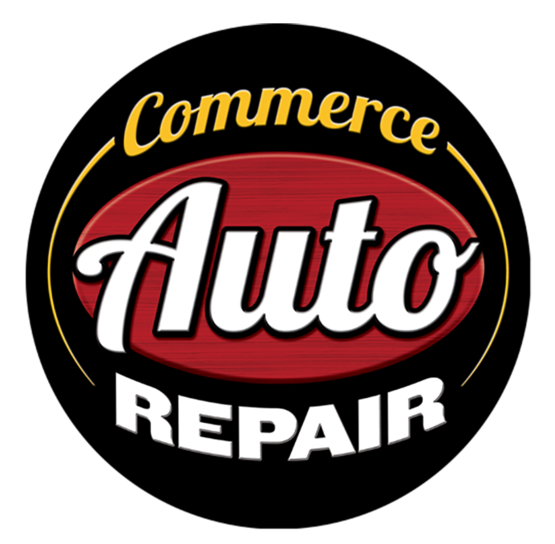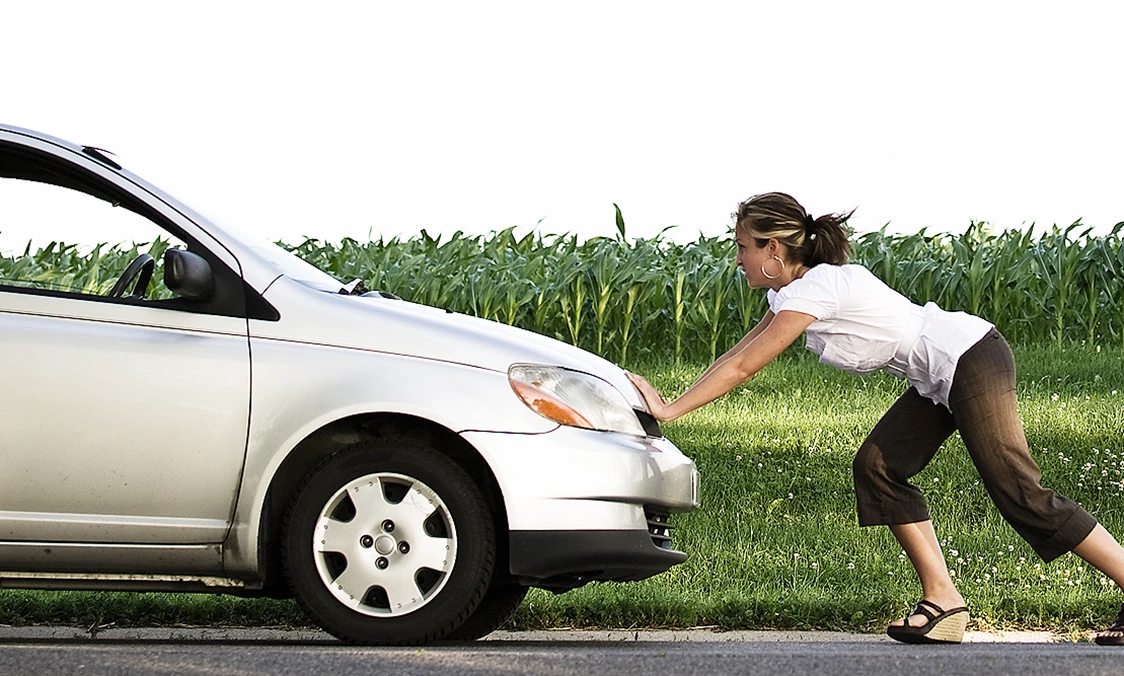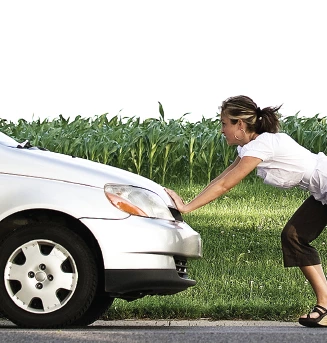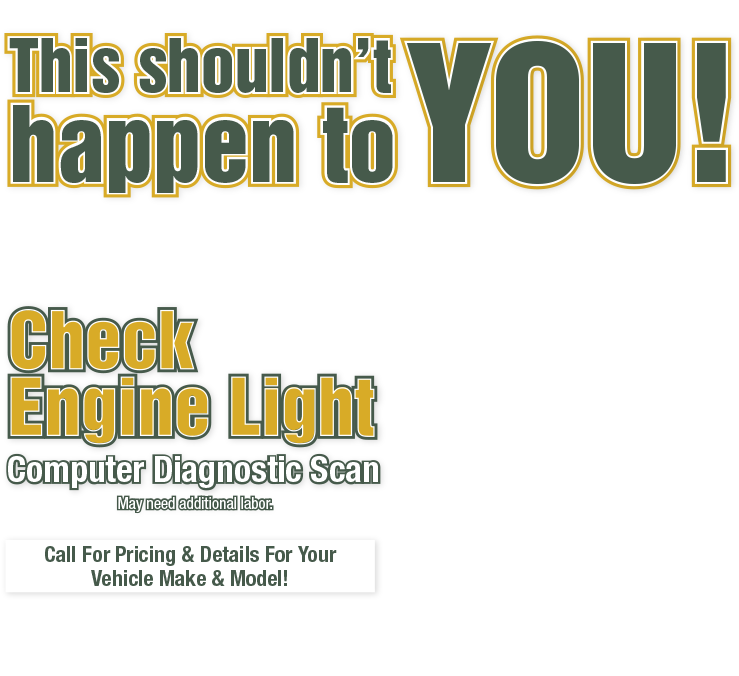Always on Guard (TMPS)
June 11, 2023
One of the most important things you can do to keep your vehicle running safely is to make sure your tires are properly inflated. If one or more is vastly over- or underinflated, that has the potential to cause major handling problems and may result in a dangerous accident.
All vehicles in recent years are equipped with Tire Pressure Monitoring Systems, or TPMS. One system uses small sensors in the tires that continually check the pressure in each tire. That sensor sends a signal to computers in your vehicle which turns on an instrument panel light warning of low pressure when at least one is very low. Or it may update a numeric reading on your instrument panel which gives you an approximation of how many PSI (pounds per square inch) of air is in each tire.
Another system works with your antilock brake system to measure the size of your vehicle’s tires. When one wheel is going faster than another, it will spin faster. A computer sees that and alerts you that tire’s diameter is smaller than the others and therefore must be underinflated.
No matter what system you have, it’s also helpful for you to know how much pressure each tire is supposed to be inflated to. You can find that on a label on the driver’s side door sill. In addition, the TPMS system should not be used as a substitute for checking your tires with a tire gauge since the TPMS accuracy usually isn’t quite as precise. Keep in mind that tire sensors can fail, so each system acts as a backup for the other.
Since many vehicles these days don’t have spare tires, it’s good to know that your TPMS can warn you if you have a leak in one of your tires. If you get a low-pressure warning, many systems will tell you which tire is low, so you can do your own visual check. Often you can see if you’ve picked up a nail or a screw if it’s sticking out of the tread or near the sidewall.
Being able to receive an early warning from your vehicle of abnormal tire pressure may give you a chance to safely drive to a service center before your tire slowly goes completely flat (which can ruin the tire and badly damage the rim). It also may ultimately prevent you from being stranded somewhere with a flat tire or, most importantly, having a sudden blowout on the road.
Commerce Auto Repair
9575 Commerce Rd.
Commerce, Michigan 48382
248.363.3749
Need Service?
More articles from Commerce Auto Repair

Full Stop (Brake Master Cylinder Replacement)
March 30, 2025
When you step on your brake pedal, you want to feel confident that your vehicles going to stop. If your brakes arent working right, its a risk to your safety and the safety of others on the road. After all, youre driving a machine that weighs thousands of pounds, and you have to be able to stop... More

Bump in the Road (Alignment)
March 23, 2025
There's something you can do that helps your tires last longer, wear more evenly and your vehicle handle better. "Sign me up," you say! Wondering what that is? It's aligning your wheels, and it will literally point you in the right direction when it comes to a better and safer driving experience... More

Clean Machine (Fuel and Air Induction Cleaning)
March 16, 2025
As your vehicle ages, its performance isnt quite what it used to be, but many of us never notice the change because its gradual. So here are a few questions to ask yourself. Does your vehicle feel like it doesnt have the pep that it used to? Have you noticed your fuel economy isnt quite as good... More









